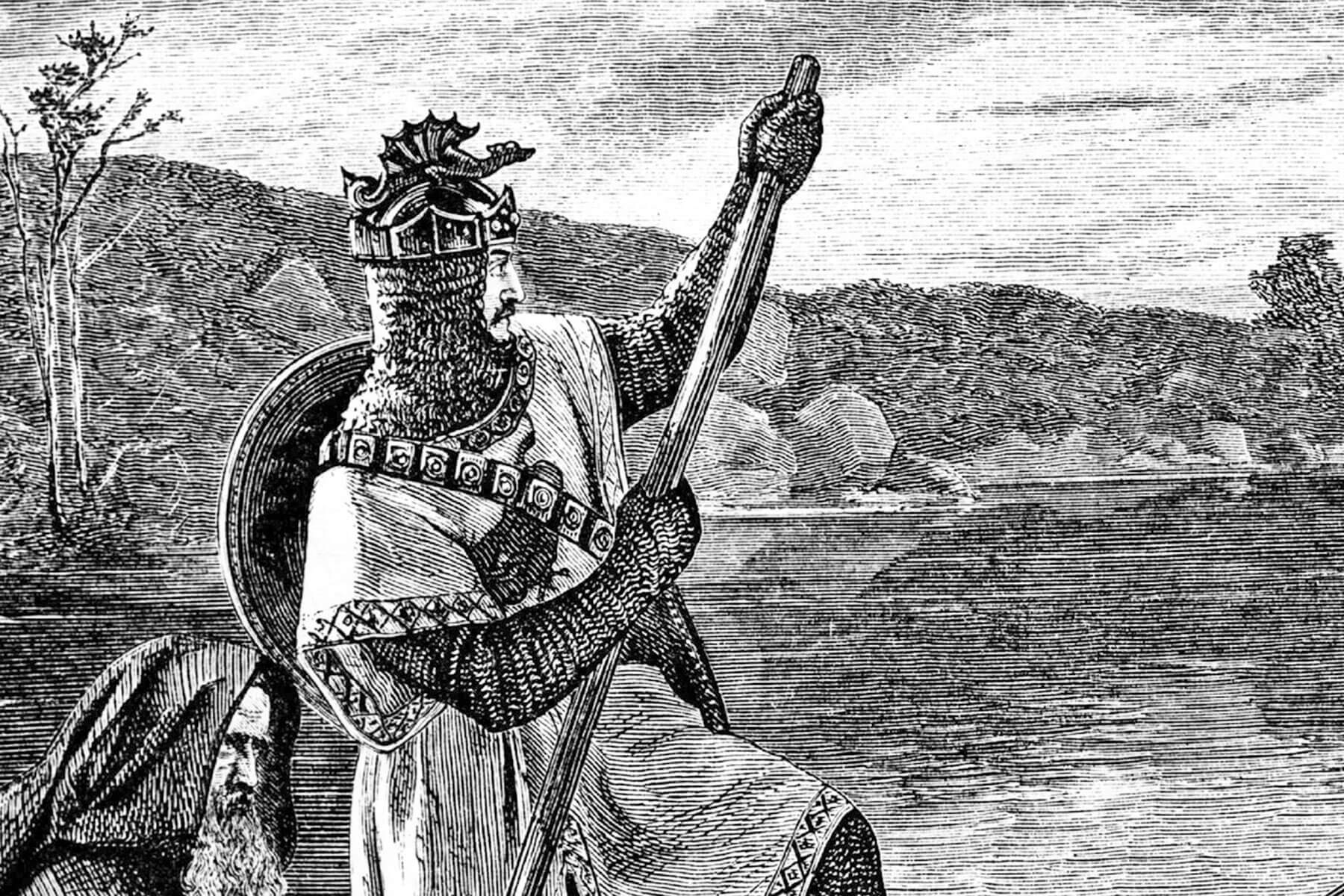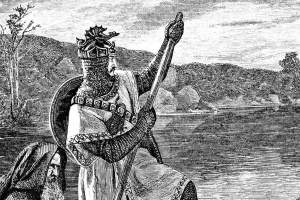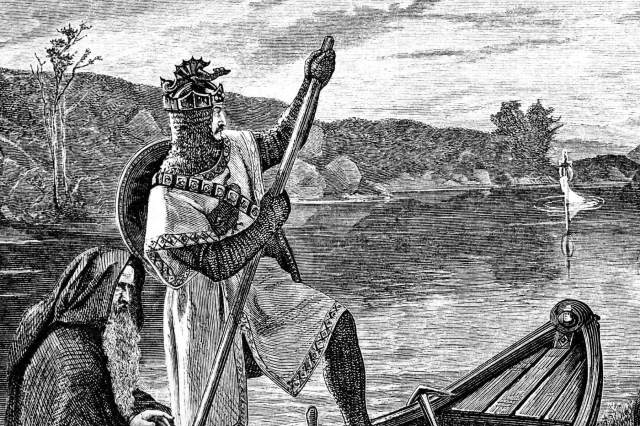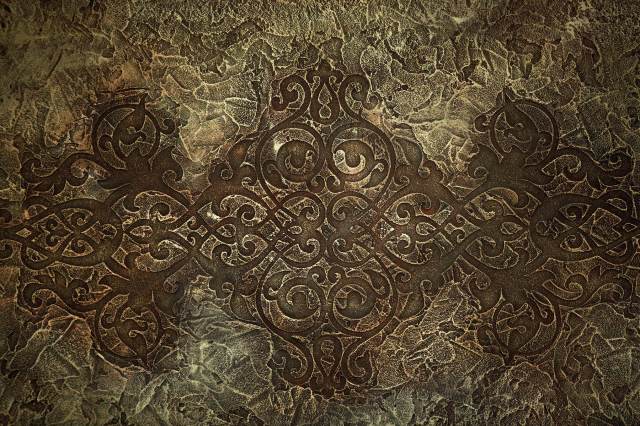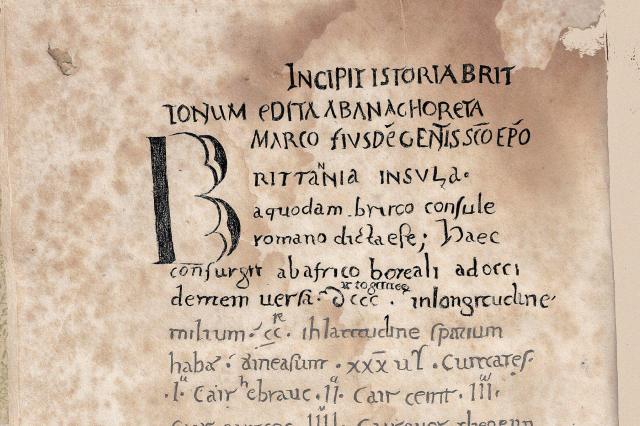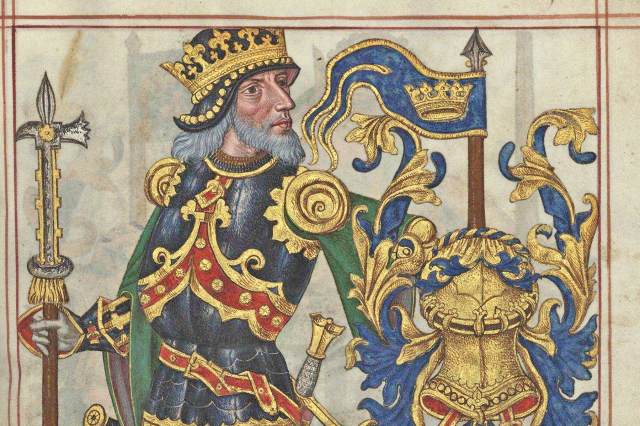Did King Arthur Really Exist?
According to legend, King Arthur of Camelot was a heroic leader who lived in England from the late fifth century to the early sixth century. Stories of Arthur, his court at Camelot, and his Knights of the Round Table are at the heart of a collection of medieval literature known as the Matter of Britain, which portrays Arthur as a brave and loyal king who led the Britons in battle against Saxon invaders during the sixth century. Though there is a tremendous body of work about King Arthur, historians have debated for centuries whether this medieval figure ever really existed.
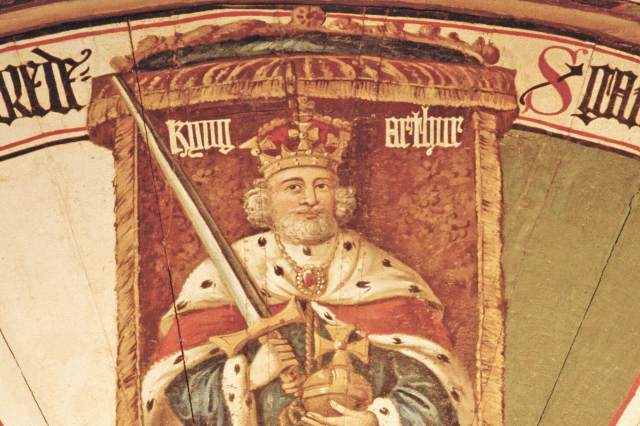
No Reliable Historic Record of King Arthur Exists
Despite the prevalence of Arthurian tales, particularly ones written from the 12th century on, no contemporary evidence has been found from the period in which King Arthur is said to have lived. The earliest references to Arthur first appeared in Welsh and Breton folklore and poetry, but they were not contemporary to the events they described. “Y Gododdin,” a seventh-century Welsh poem, lists one warrior’s many admirable traits before concluding, “although he was not Arthur.” Scholars suggest this reference points to a legendary warrior named Arthur who was well known in the seventh century, but that doesn’t prove that said hero was a real person.
A sixth-century historical account of Britain by a Welsh monk named Gildas is the only surviving source from Arthur’s time that references a powerful British leader who could plausibly be the hero of legend. In the account, titled De Excidio et Conquestu Britanniae (On the Ruin and Conquest of Britain), Gildas attributes the success of the Battle of Mons Badonicus, reportedly fought around 500 CE, to a British commander, but he does not name the conquering hero. The only commander Gildas references by name in his work is Ambrosius Aurelianus, a real Romano-British warrior who fought for the Saxons in the fifth century.





